Microsoft Uncovers Several Vulnerabilities in GRUB2, U-Boot, Barebox Bootloaders Using Copilot
Microsoft has discovered multiple critical vulnerabilities affecting widely used bootloaders including GRUB2, U-Boot, and Barebox. These security flaws potentially expose systems to sophisticated boot-level attacks that could compromise devices before operating systems even initialize, allowing attackers to gain persistent and nearly undetectable control over affected systems. The vulnerabilities impact thousands of Linux systems and embedded […] The post Microsoft Uncovers Several Vulnerabilities in GRUB2, U-Boot, Barebox Bootloaders Using Copilot appeared first on Cyber Security News.

Microsoft has discovered multiple critical vulnerabilities affecting widely used bootloaders including GRUB2, U-Boot, and Barebox.
These security flaws potentially expose systems to sophisticated boot-level attacks that could compromise devices before operating systems even initialize, allowing attackers to gain persistent and nearly undetectable control over affected systems.
The vulnerabilities impact thousands of Linux systems and embedded devices that rely on these open-source bootloaders to initialize hardware and load operating systems.
GRUB2 (Grand Unified Bootloader version 2) is particularly concerning given its widespread adoption across enterprise Linux distributions and some secure boot implementations.
U-Boot and Barebox vulnerabilities affect numerous embedded systems, IoT devices, and network appliances, creating a vast attack surface across industries.
Microsoft researchers noted these flaws during a proactive security review using their AI-powered Copilot tool to analyze bootloader codebases.
The company’s security team discovered that specific memory handling functions within these bootloaders fail to properly validate input sizes, potentially allowing attackers to execute arbitrary code during the boot process.
These vulnerabilities exist in the secure boot verification chain, potentially undermining the foundational security these systems are built upon.
Vulnerabilities
The most severe vulnerability, tracked as CVE-2025-21XX, affects GRUB2’s memory allocation functions when parsing configuration files.
Here below we have mentioned all the vulnerabilities:-
Bootloader Vulnerability GRUB2 CVE-2024-56737 GRUB2 CVE-2024-56738 GRUB2 CVE-2025-0677 GRUB2 CVE-2025-0678 GRUB2 CVE-2025-0684 GRUB2 CVE-2025-0685 GRUB2 CVE-2025-0686 GRUB2 CVE-2025-0689 GRUB2 CVE-2025-0690 GRUB2 CVE-2025-1118 GRUB2 CVE-2025-1125 U-boot CVE-2025-26726 U-boot CVE-2025-26727 U-boot CVE-2025-26728 U-boot CVE-2025-26729 Barebox CVE-2025-26721 Barebox CVE-2025-26722 Barebox CVE-2025-26723 Barebox CVE-2025-26724 Barebox CVE-2025-26725
An attacker with physical access or administrative privileges could exploit this flaw to bypass secure boot mechanisms and execute malicious code that persists across system reboots and reinstallations.
One particularly concerning vulnerability involves improper boundary checking in GRUB2’s parsing function, as demonstrated in this vulnerable code segment:-
grub_err_t grub_parser_execute(char *script)
{
grub_parser_t parser = grub_parser_get_current();
return parser->parse_line(script, read_hook); // No proper input validation
}The technical analysis reveals that attackers could craft specially formatted configuration entries that trigger buffer overflow conditions, allowing arbitrary code execution during boot.
This exploitation technique bypasses traditional security controls by gaining execution before the operating system security features activate.
Microsoft’s discovery underscores the critical importance of securing the boot process as a fundamental layer of defense.
System administrators are advised to apply emergency patches that bootloader maintainers have released in response to Microsoft’s responsible disclosure.
For systems that cannot be immediately updated, Microsoft recommends implementing physical security measures and restricting administrative access to mitigate the risk of exploitation.
.webp)
This discovery highlights the growing role of AI-assisted cybersecurity research in identifying complex vulnerabilities in critical infrastructure components that might otherwise remain undiscovered until exploited in the wild.
Are You from SOC/DFIR Team? - Try Free Malware Research with ANY.RUN - Start Now
The post Microsoft Uncovers Several Vulnerabilities in GRUB2, U-Boot, Barebox Bootloaders Using Copilot appeared first on Cyber Security News.






















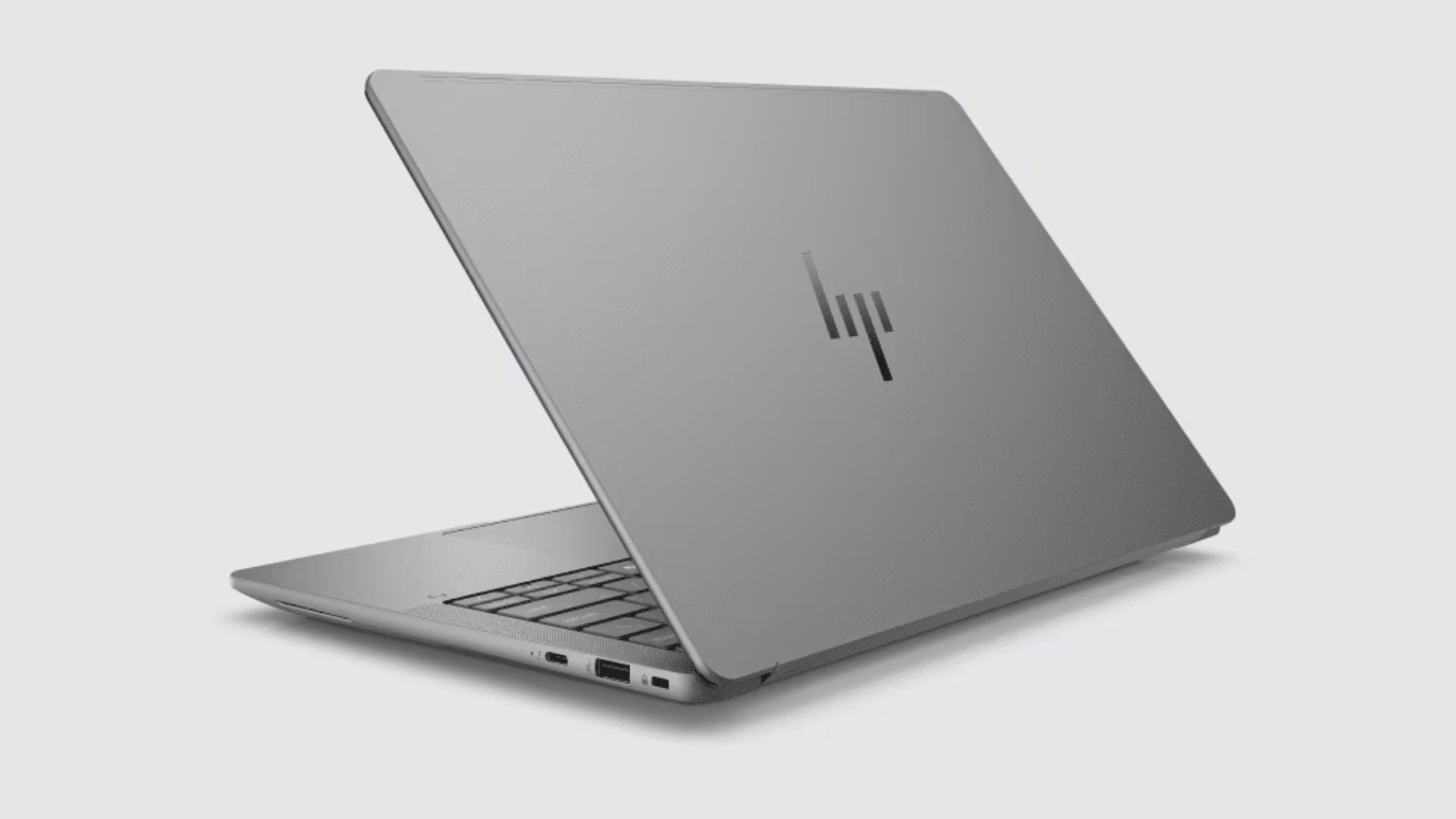
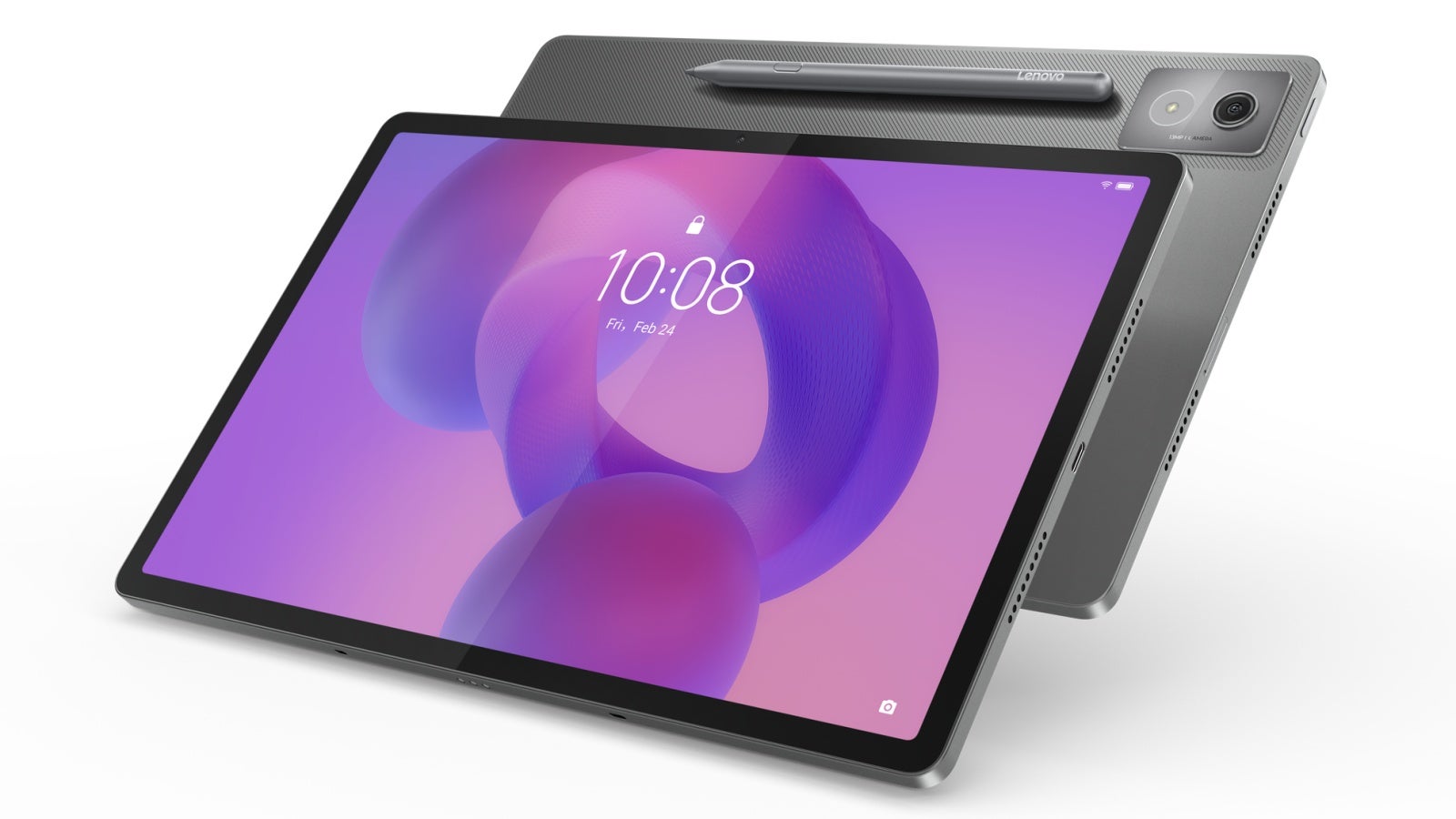



















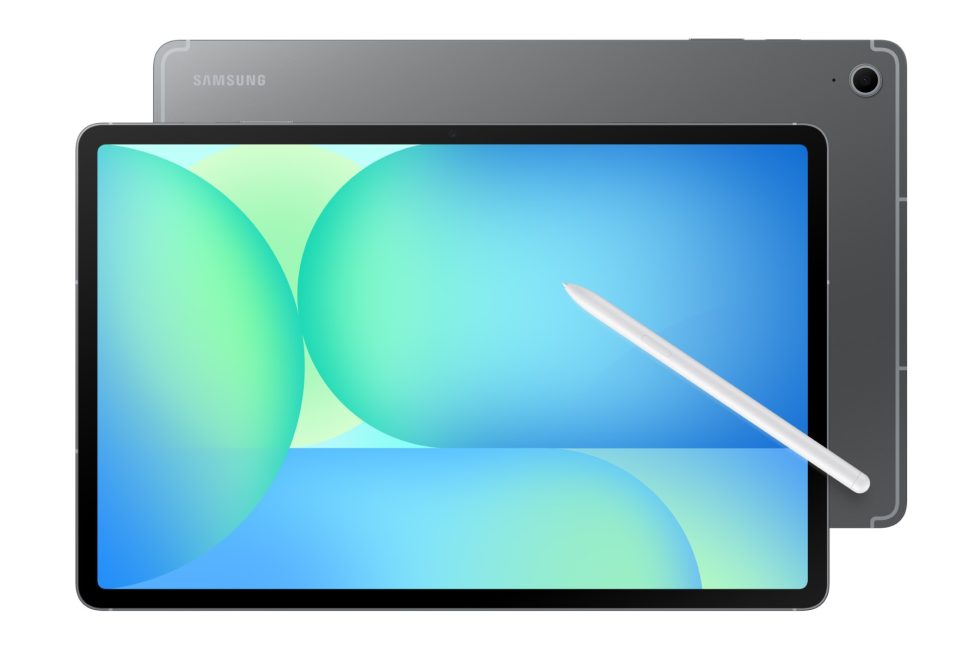

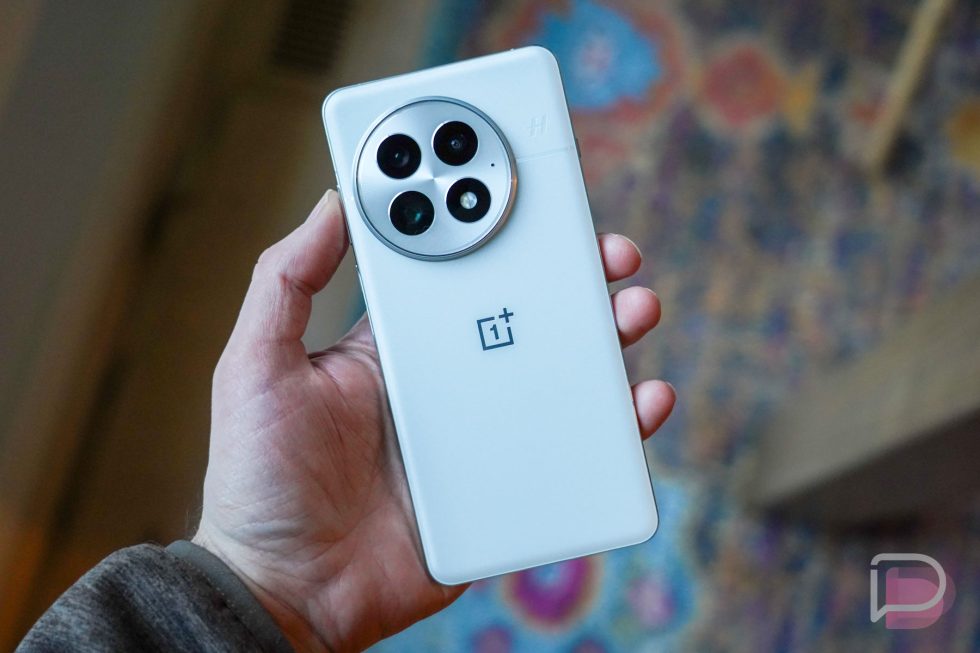











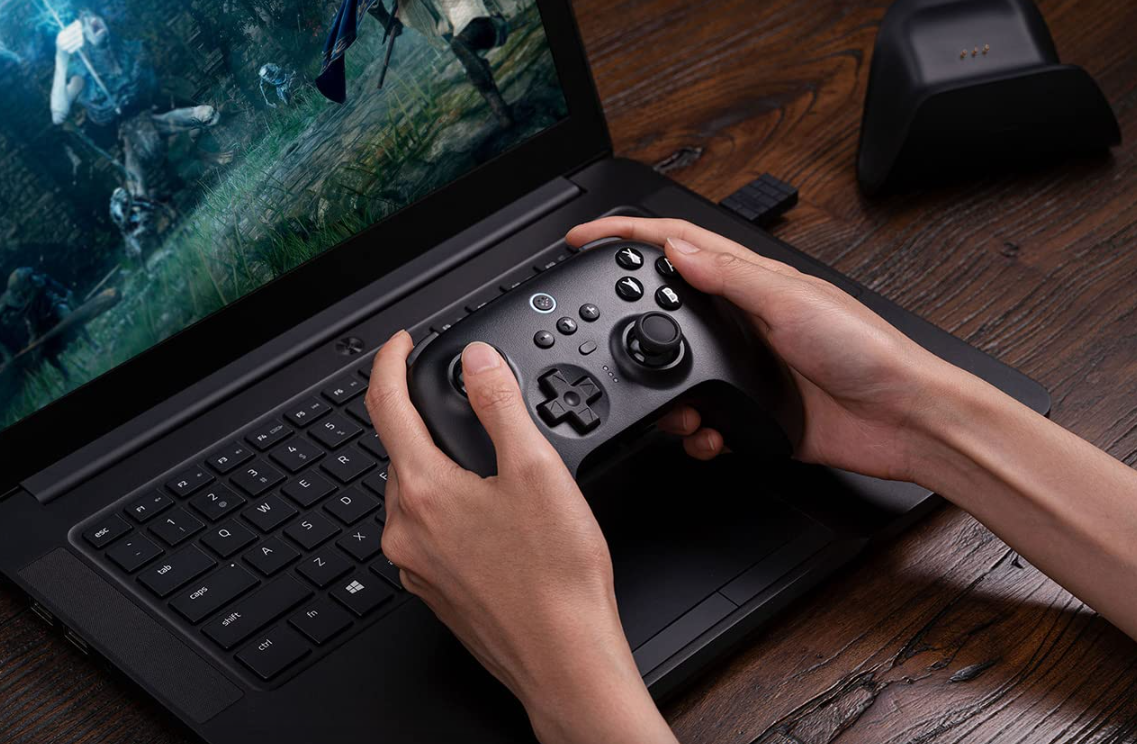









![Apple Shares Official Trailer for 'Fountain of Youth' Starring John Krasinski, Natalie Portman [Video]](https://www.iclarified.com/images/news/96902/96902/96902-1280.jpg)
![Apple is Still Working on Solid State iPhone Buttons [Rumor]](https://www.iclarified.com/images/news/96904/96904/96904-640.jpg)
![Nomad Goods Launches 15% Sitewide Sale for 48 Hours Only [Deal]](https://www.iclarified.com/images/news/96899/96899/96899-640.jpg)

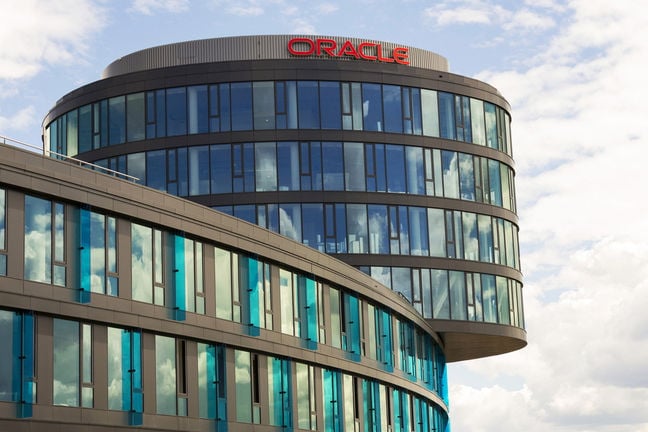



















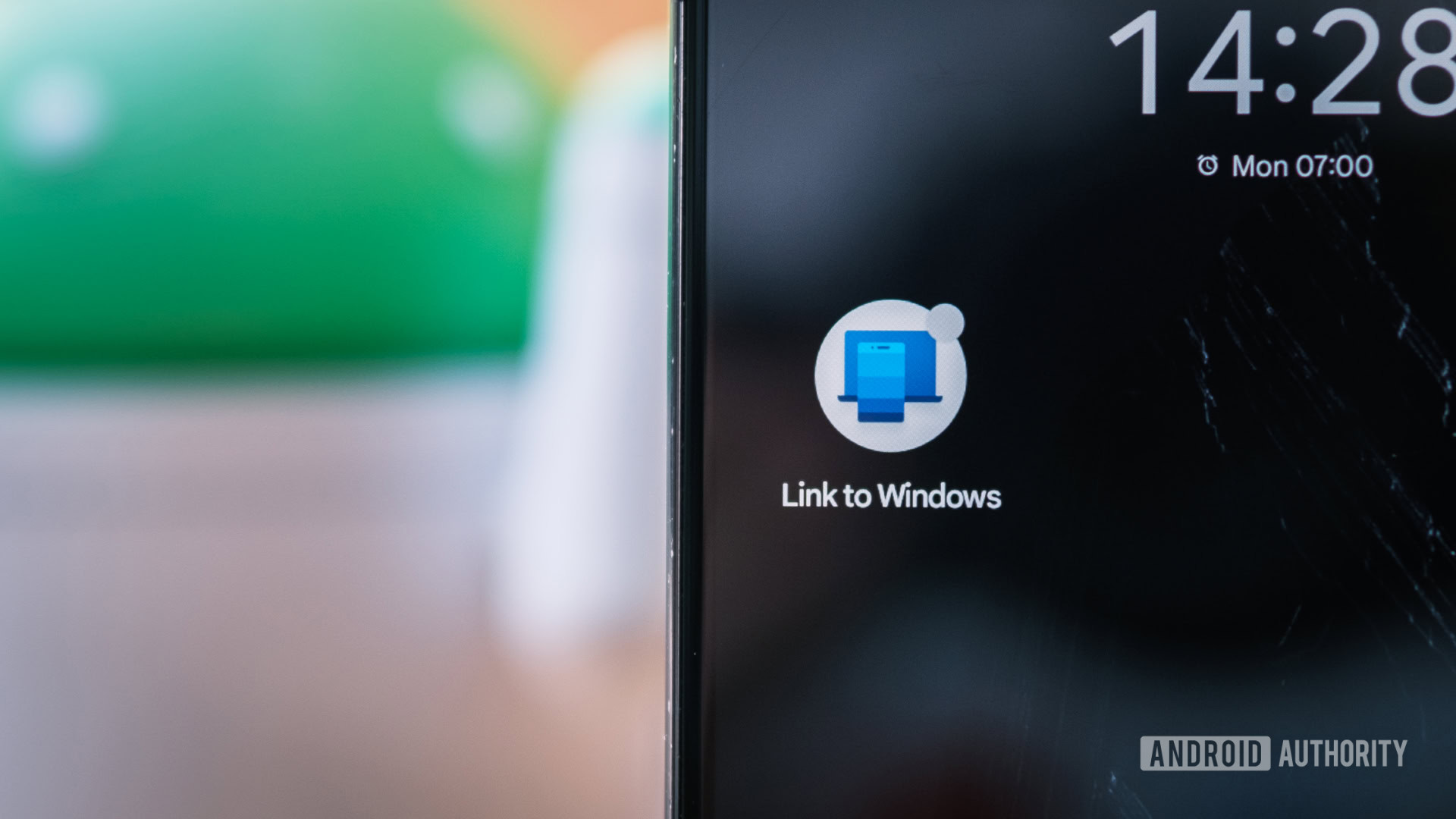

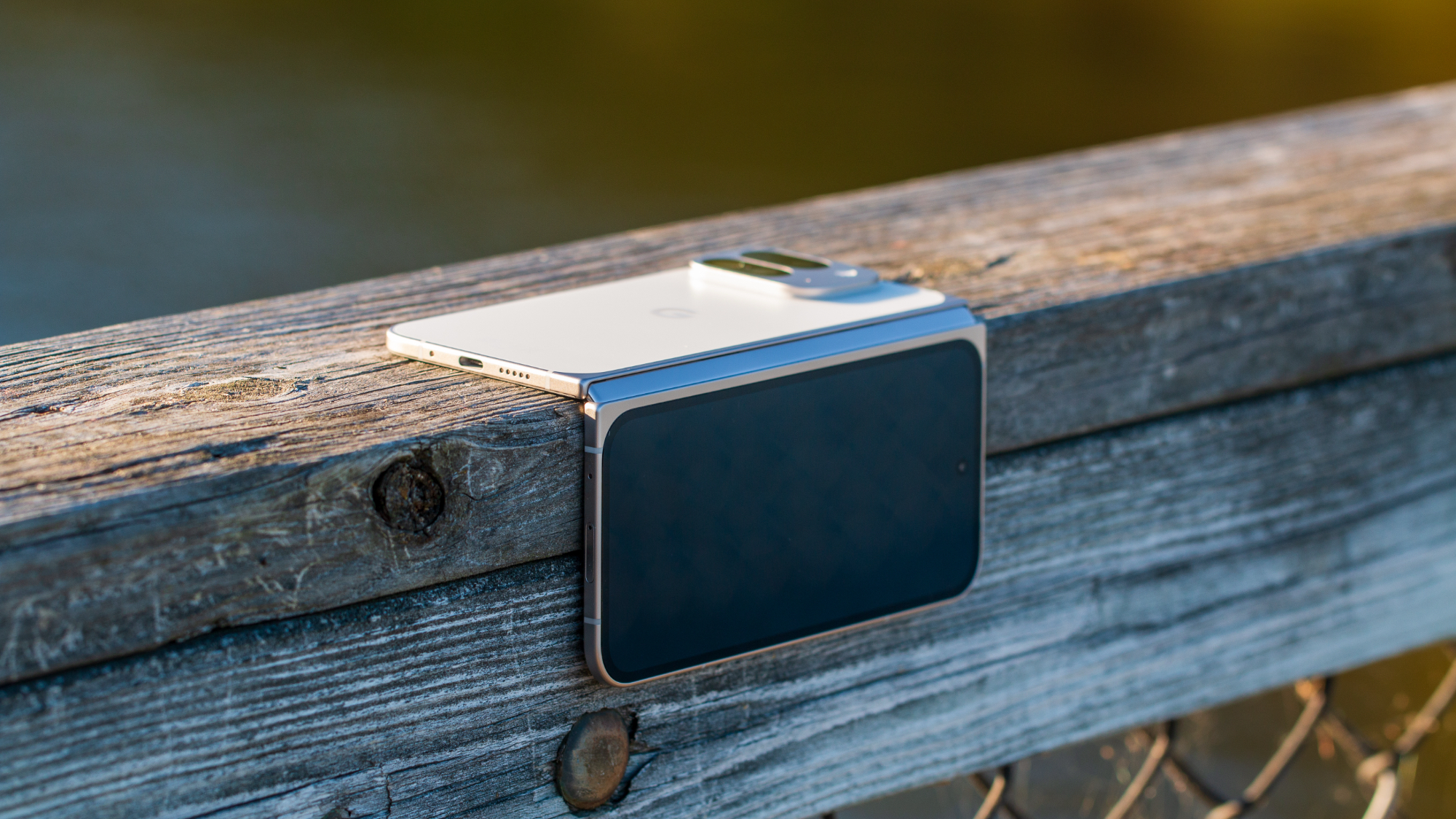
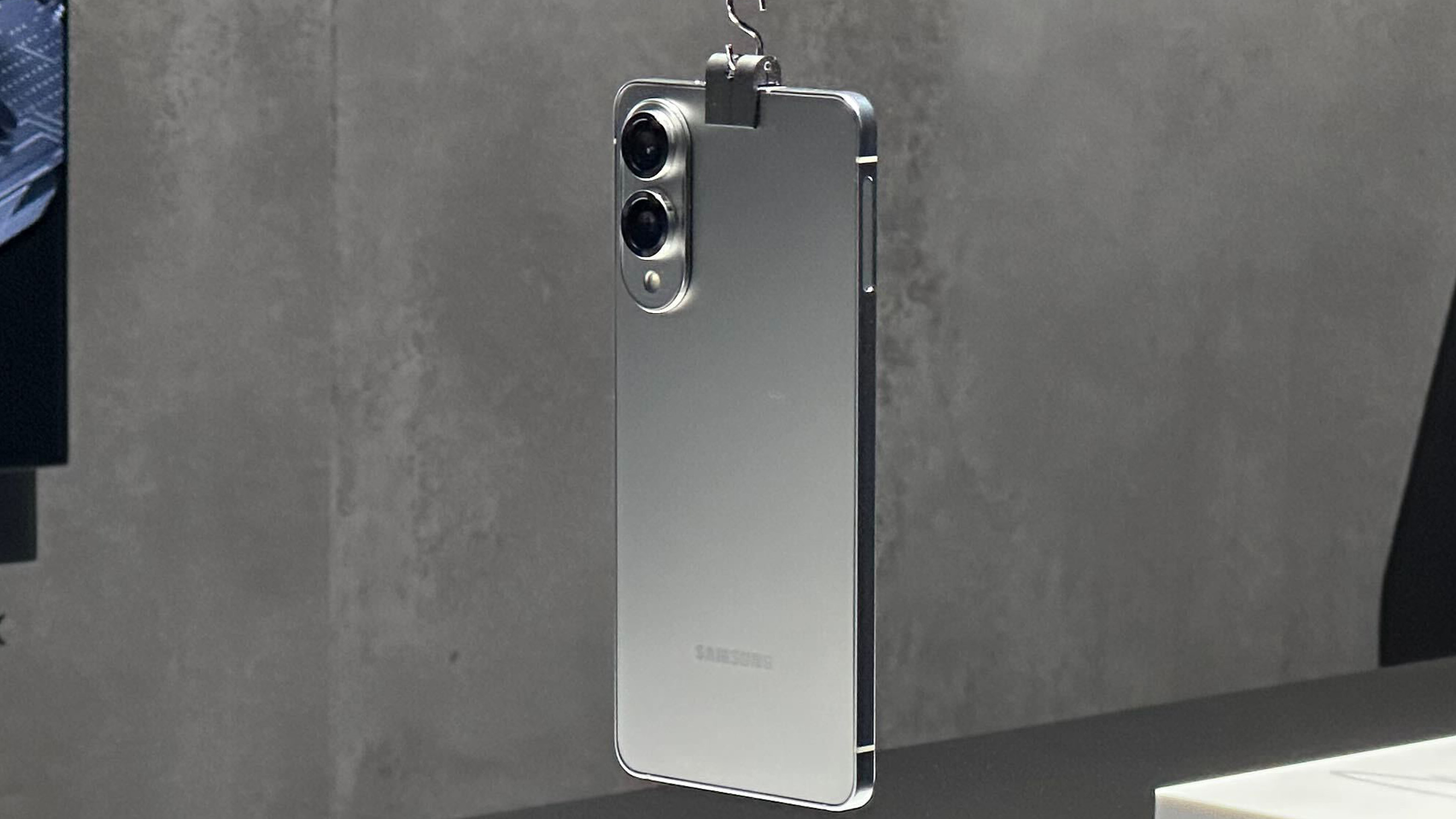






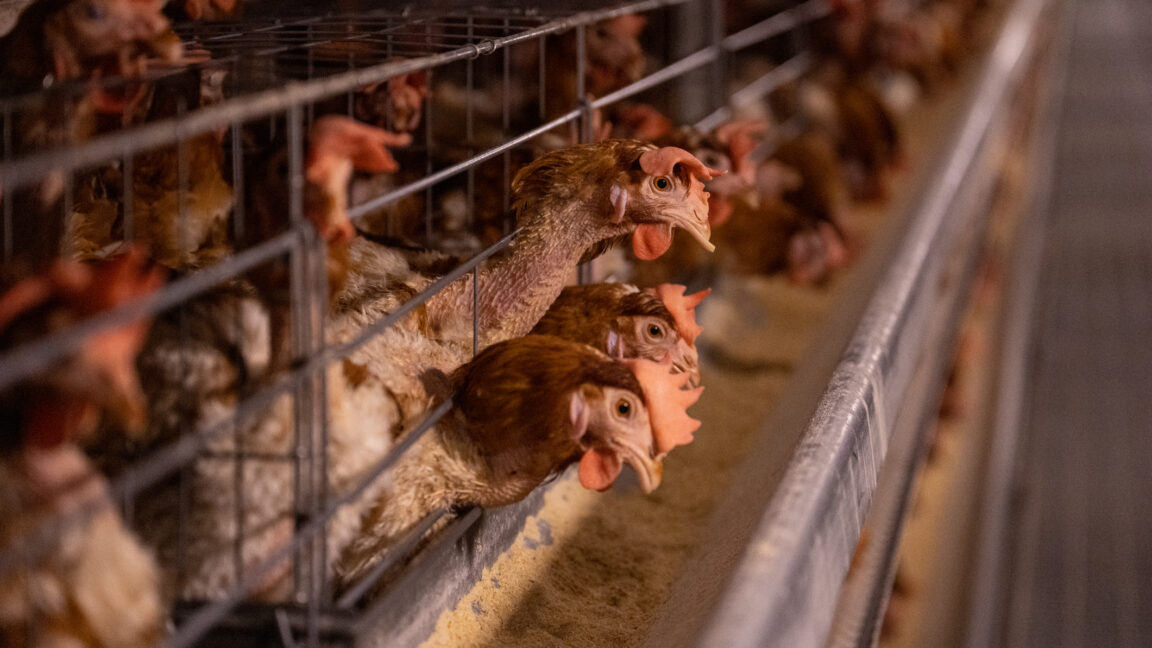




















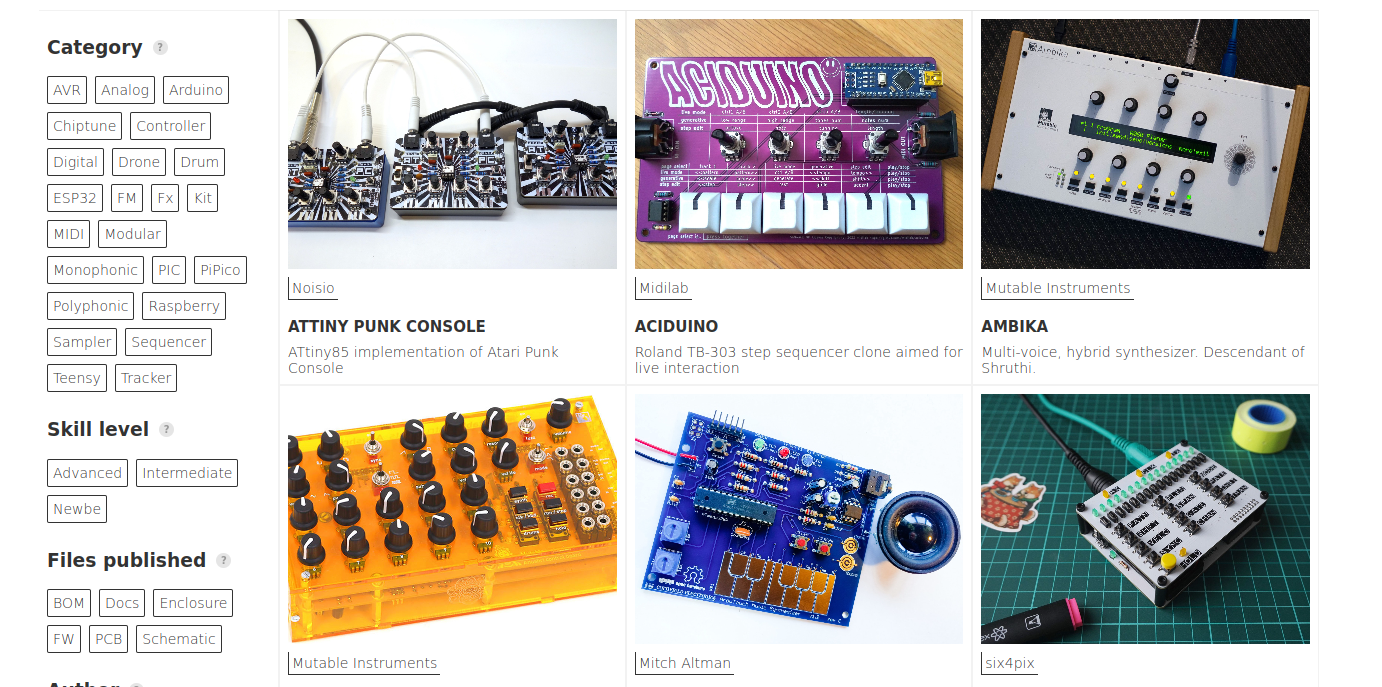

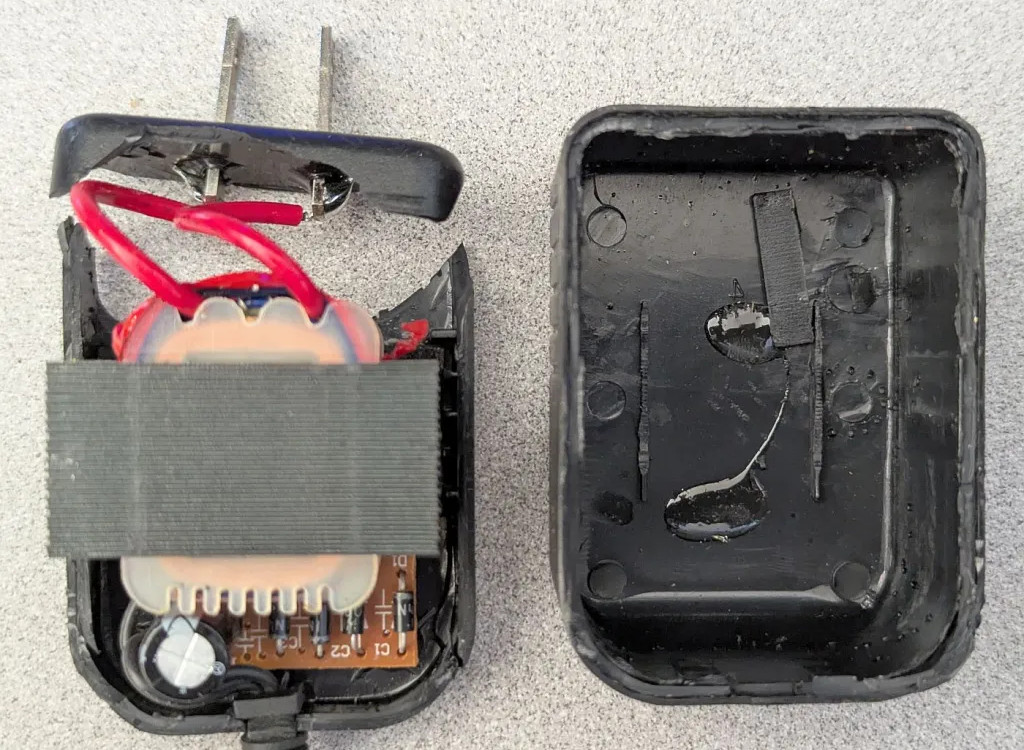
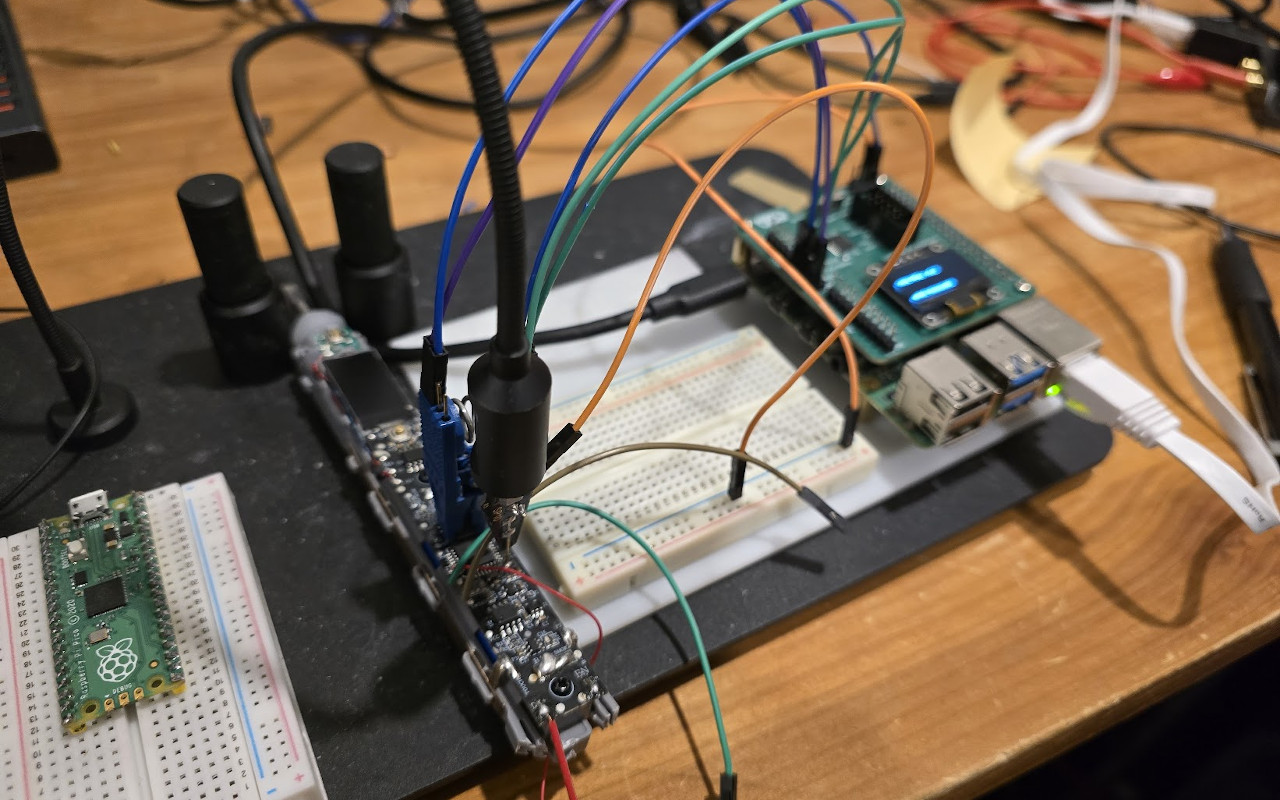




























































































































![[The AI Show Episode 142]: ChatGPT’s New Image Generator, Studio Ghibli Craze and Backlash, Gemini 2.5, OpenAI Academy, 4o Updates, Vibe Marketing & xAI Acquires X](https://www.marketingaiinstitute.com/hubfs/ep%20142%20cover.png)

























































































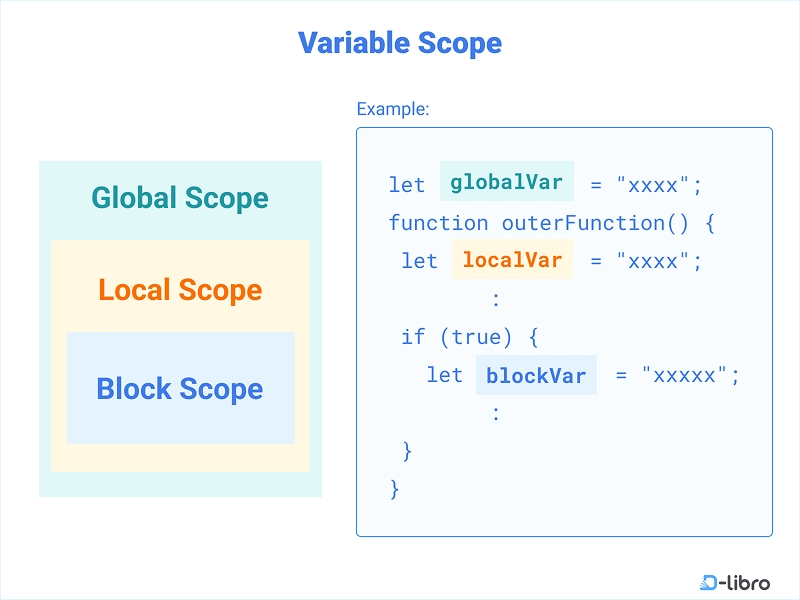





















![Is this a suitable approach to architect a flutter app? [closed]](https://i.sstatic.net/4hMHGb1L.png)

















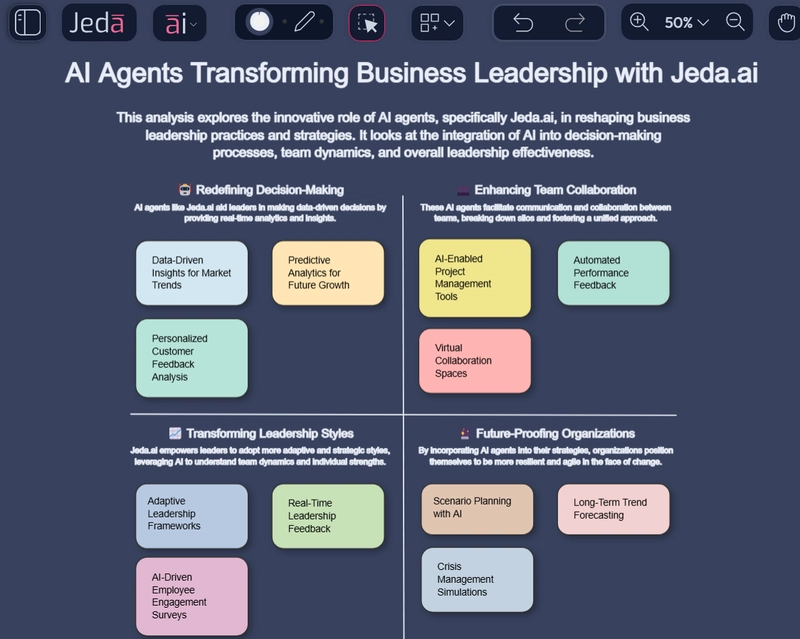


![From broke musician to working dev. How college drop-out Ryan Furrer taught himself to code [Podcast #166]](https://cdn.hashnode.com/res/hashnode/image/upload/v1743189826063/2080cde4-6fc0-46fb-b98d-b3d59841e8c4.png?#)



























































































